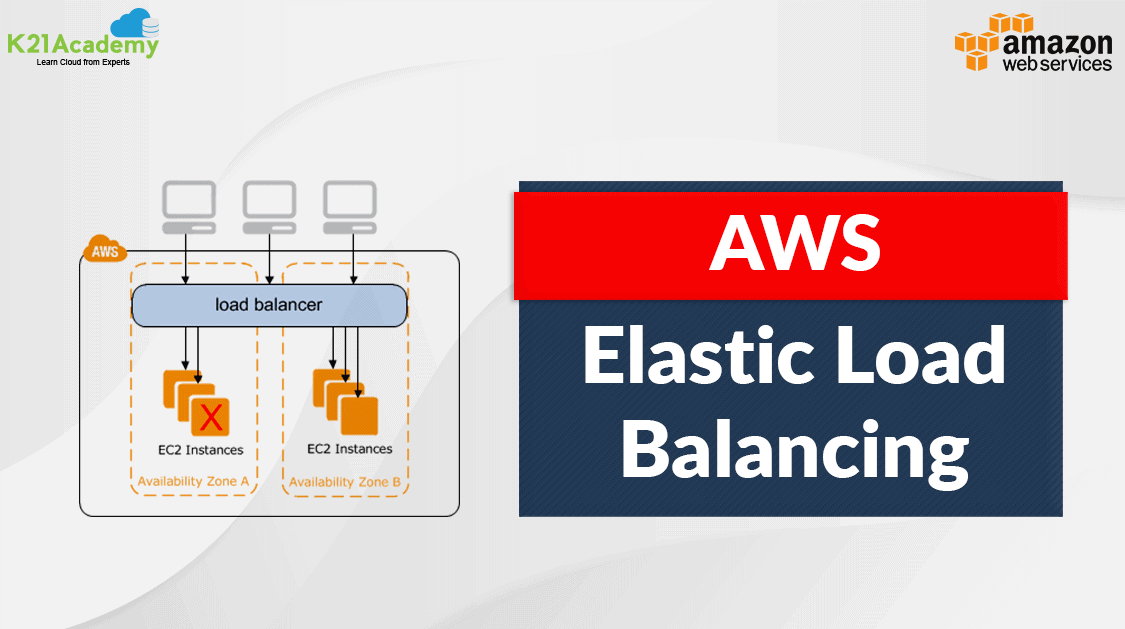How to prevent accidental load balancer deletions
 Nahid
Nahid
Preventing accidental deletions of load balancers, especially in production environments, is crucial for maintaining application availability and stability. Here are some strategies and best practices to help you avoid such issues:
1. Enable Deletion Protection
Cloud Providers: Many cloud providers offer deletion protection features for critical resources.
- AWS: In AWS, you can enable "Deletion Protection" for Elastic Load Balancers. This setting prevents the load balancer from being accidentally deleted. To enable this:
Go to the EC2 Management Console.
Select "Load Balancers" from the navigation pane.
Choose the load balancer and select the "Description" tab.
Click "Edit" and enable "Deletion Protection".
Azure: Use resource locks to prevent accidental deletions of Azure load balancers.
Google Cloud: Use IAM policies to restrict who can delete load balancers.
2. Implement Role-Based Access Control (RBAC)
Principle of Least Privilege: Ensure that only authorized personnel have permissions to delete load balancers.
Review IAM Policies: Regularly audit and refine your IAM policies to restrict delete permissions.
3. Use Infrastructure as Code (IaC) Tools
Configuration Management: Tools like Terraform, AWS CloudFormation, or Azure Resource Manager (ARM) templates can manage your infrastructure as code.
Version Control: Store IaC configurations in version control systems to track changes and revert if necessary.
4. Enable Multi-Factor Authentication (MFA)
- Enhanced Security: Require MFA for accounts with permissions to manage or delete critical infrastructure components.
5. Implement Change Management Procedures
Approval Workflows: Establish workflows that require multiple approvals before deleting critical resources.
Change Logs: Maintain logs and audit trails of changes to infrastructure for accountability.
Subscribe to my newsletter
Read articles from Nahid directly inside your inbox. Subscribe to the newsletter, and don't miss out.
Written by

Nahid
Nahid
I am Mozahidul Islam Nahid, an engineer driven by a passion for continuous learning and growth. With six years of diverse professional experience. Which includes one year as DevOps engineer and four and a half years as administration and procurement specialist. Now I am dedicated to advance my career in DevOps engineering and cloud engineering.I am particularly passionate about server management and ongoing maintenance of websites post-deployment and I aspire to be a crucial part of these essential tasks for any company . Thank you!